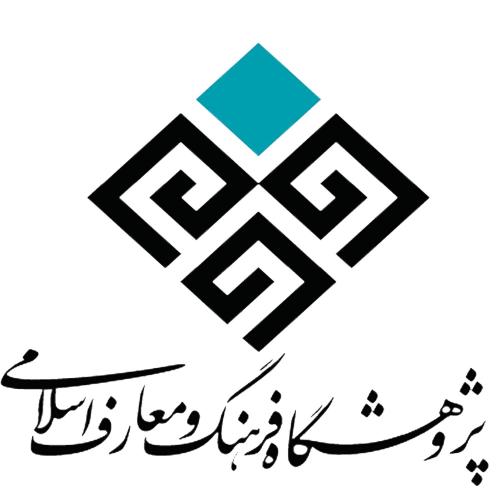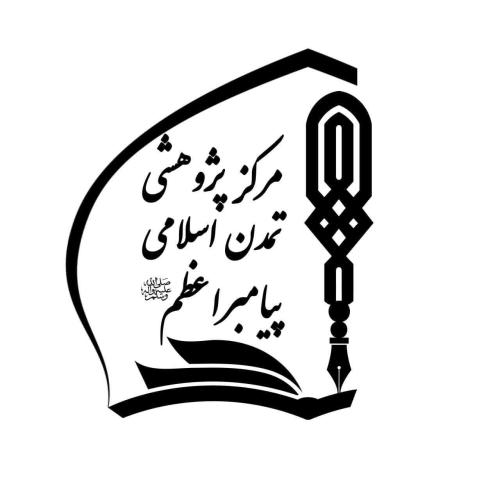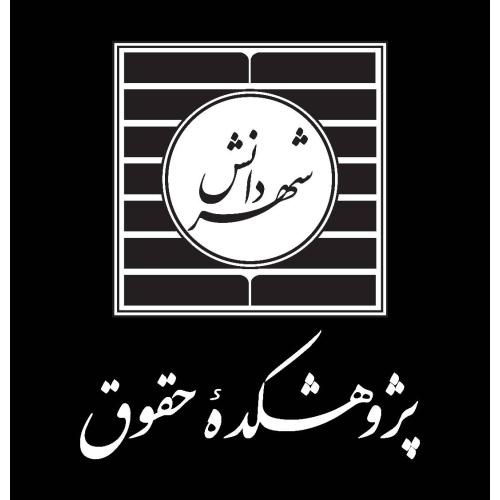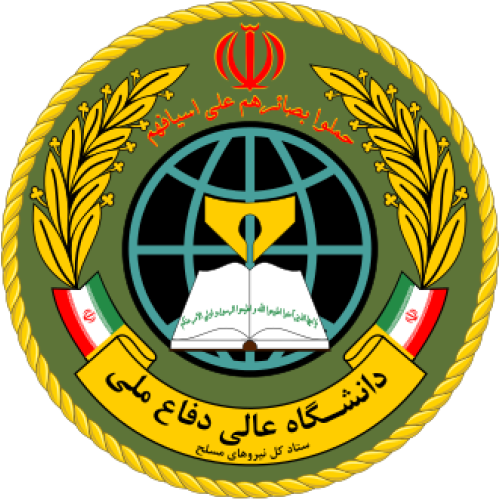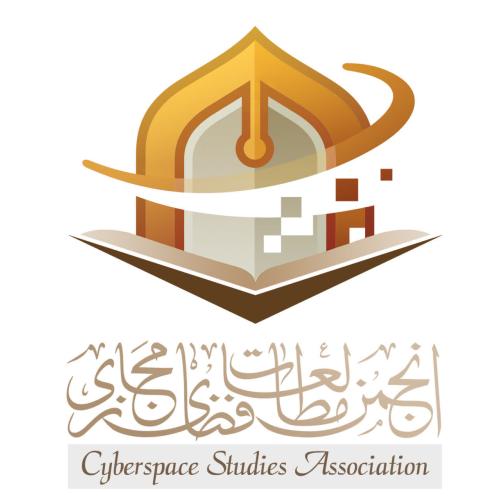-
1. مفهوم، مبانی و چارچوبهای حقوق ملت و آزادیهای مشروع در نظام جمهوری اسلامی ایران و مقایسه آن با سایر نظامهای حقوقی
-
2. سازکارها و الزامات تأمین و تضمین حقوق ملت و آزادیهای مشروع
-
3. دستاوردهای نظام جمهوری اسلامی ایران در زمینه حقوق ملت و آزادیهای مشروع
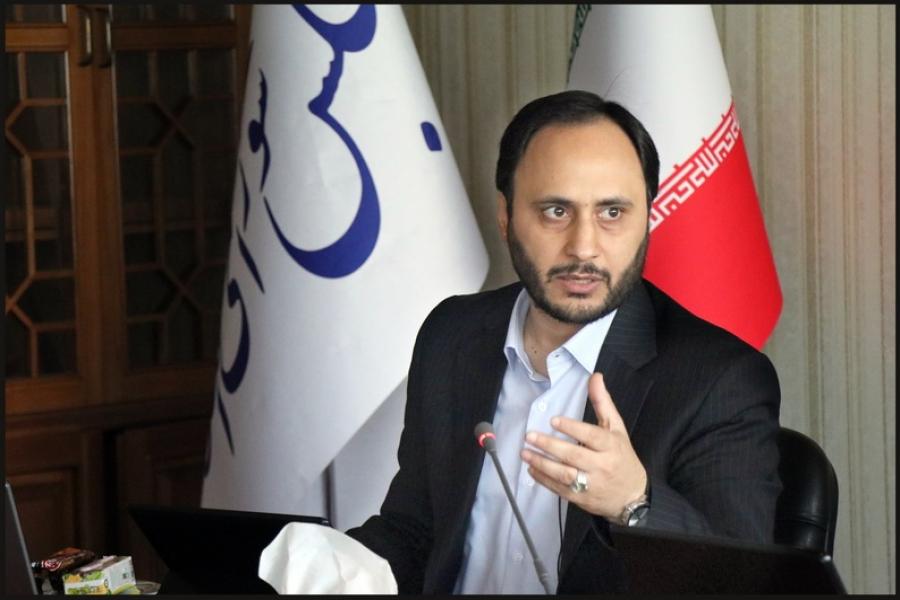
framework, Dr. Ali Bahadori Jahromi, a university professor and legal expert, said in a recent address highlighting key constitutional principles.
Speaking at the session, Bahadori emphasized that the Islamic Republic was established by popular vote and rooted in the people’s belief in divine justice as outlined in the Qur’an. “This system was built by the people themselves, and its legitimacy rests on their faith,” he noted.
He pointed to the Constitution’s second principle, which lists six pillars of the Republic, including a special focus on human dignity. “The Islamic Republic is not only a faith-based system; it is also centered on humanity. Legitimate freedoms and citizens’ political rights gain meaning through this human-centered approach,” Bahadori said.
According to Bahadori, Leader of the Islamic Revolution Ayatollah Seyed Ali Khamenei views freedom as inseparable from responsibility. “Every right carries a duty, and freedom is no exception. True freedom must be practiced with accountability before God,” he said, adding that neither freedom nor human dignity can ever be disregarded in the Islamic Republic.
He also cited constitutional provisions requiring the government to promote moral virtues, raise public awareness, guarantee freedom of expression, and ensure citizen participation in public affairs. Strengthening these freedoms, he argued, reinforces independence, unity, and national integrity.
Addressing electoral participation, Bahadori underscored the Leader’s distinction between the Islamic Republic and other governance models — including countries without elections, single-party dictatorships, and Western democracies dominated by money and media influence. “In contrast to these systems, elections in the Islamic Republic are grounded in the people’s will and mutual trust between the nation and the state,” he said.
High voter turnout, Bahadori added, demonstrates both the people’s trust in the state and the state’s trust in the people. “It is a sign of national maturity and a source of strength,” he said. “Widespread participation brings unity, social vitality, and divine blessings, while also bolstering foreign policy and international standing.”
Concluding his remarks, the Iranian legal expert described political participation as “freedom combined with responsibility before God — a profound concept with spiritual, social, political, and international dimensions.” Strengthening citizens’ rights, he said, will lead to greater public engagement and a stronger, more cohesive Islamic Republic.

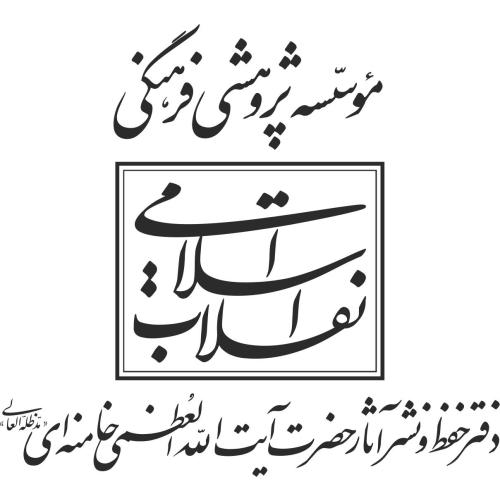
.png)
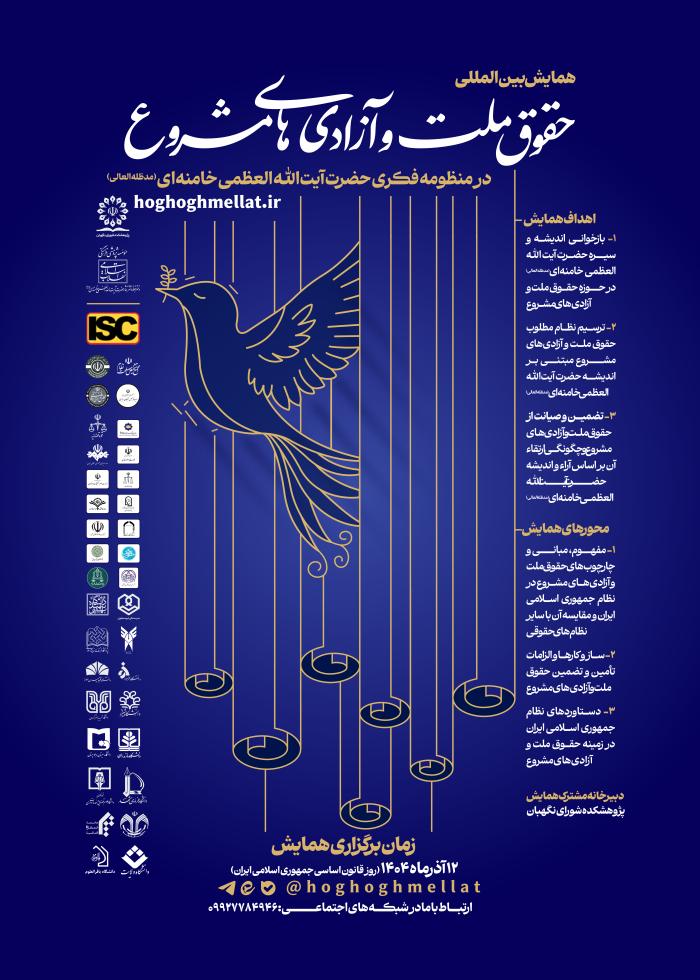
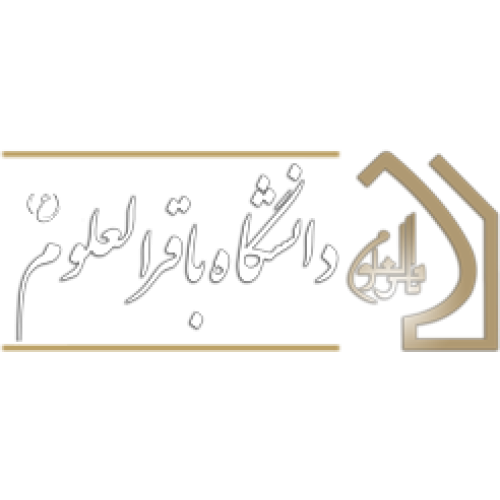
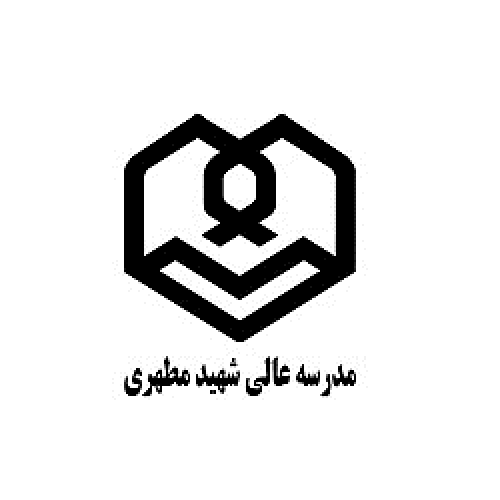
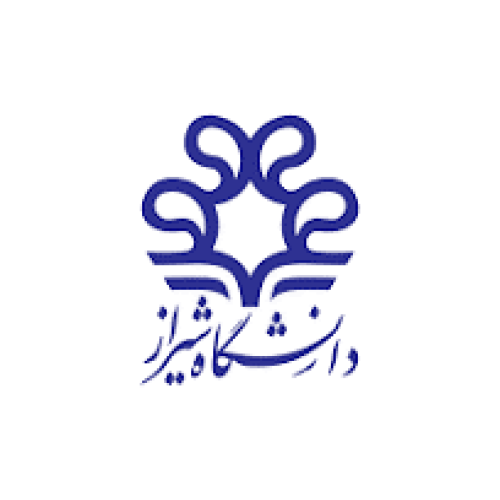
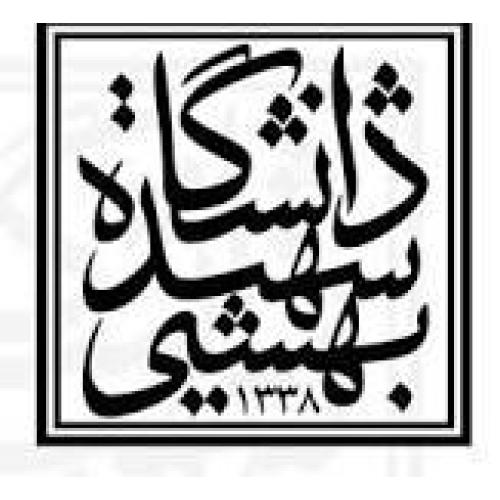
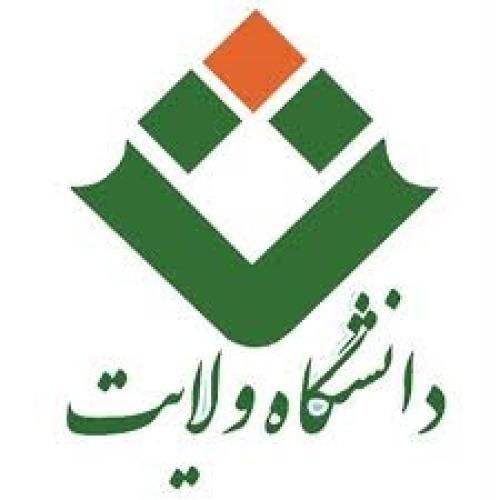
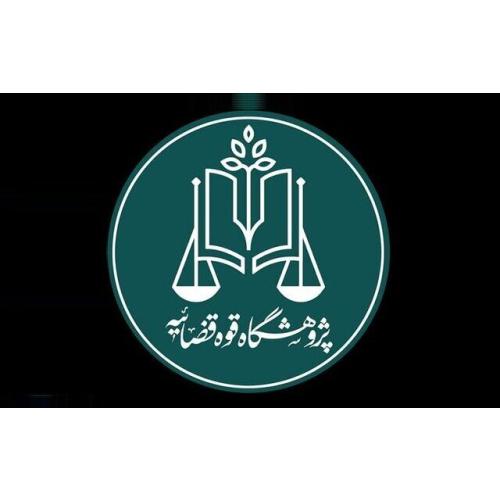
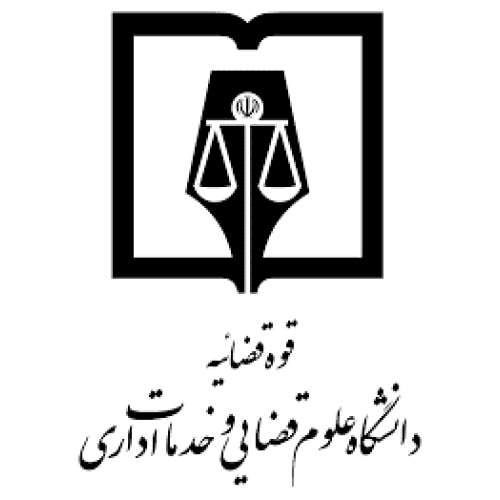
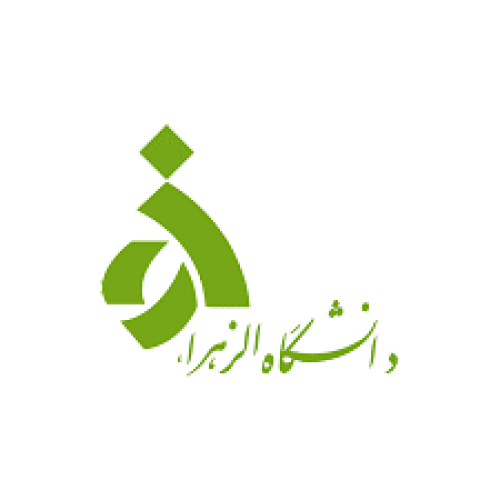
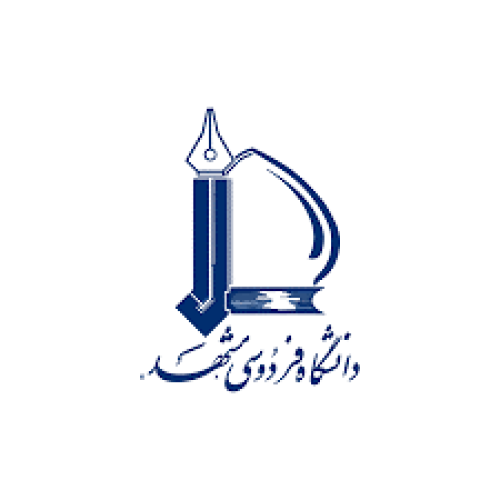
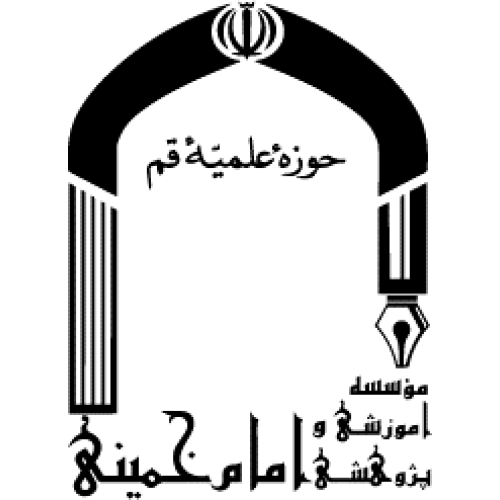
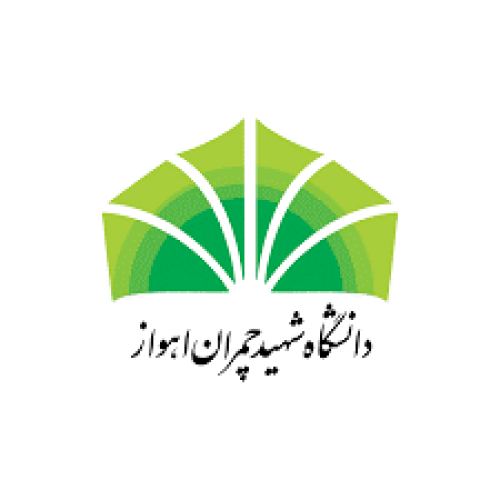
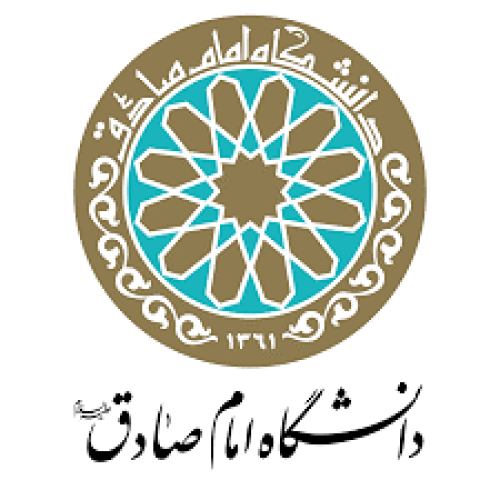
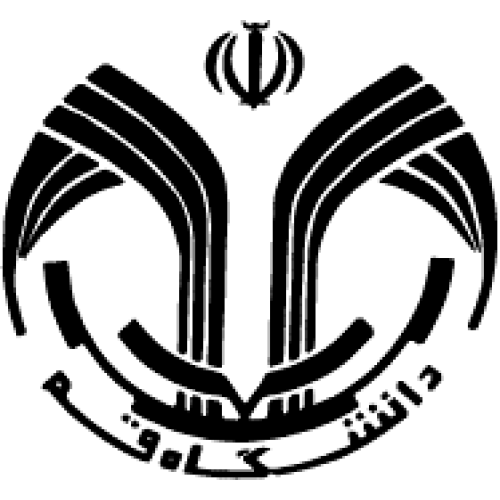
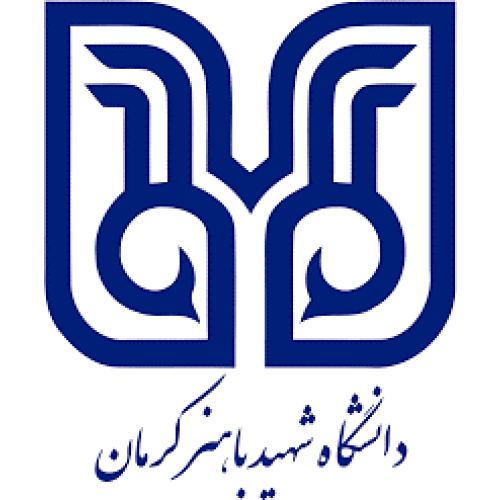
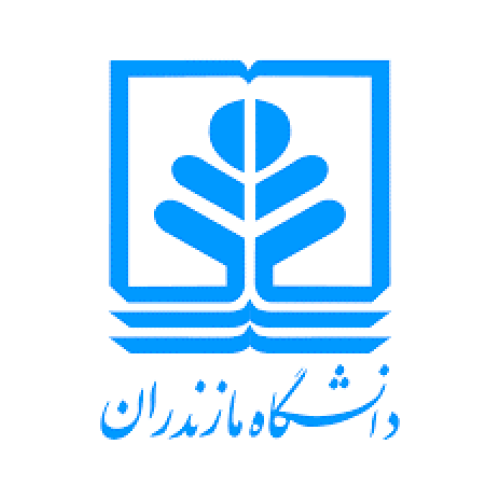
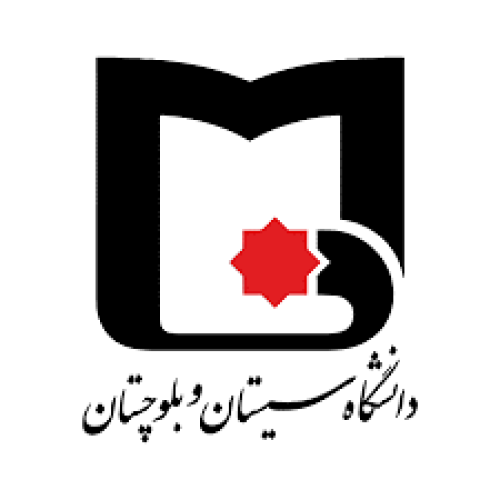
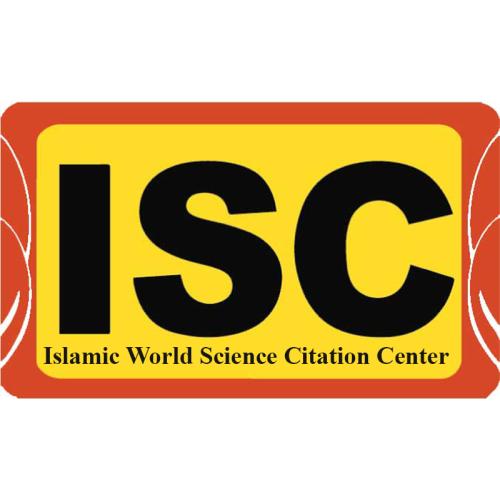
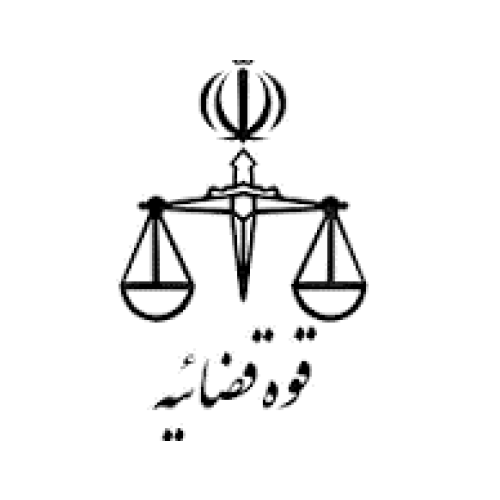
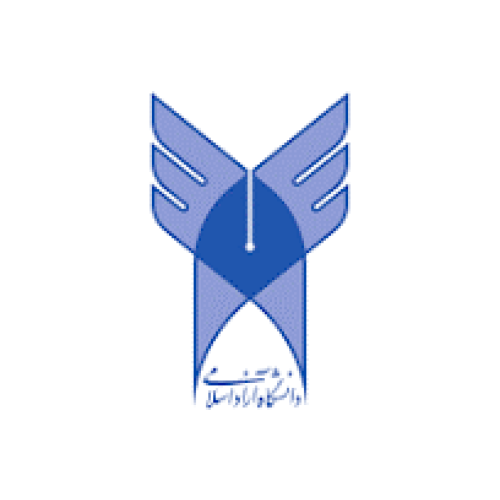
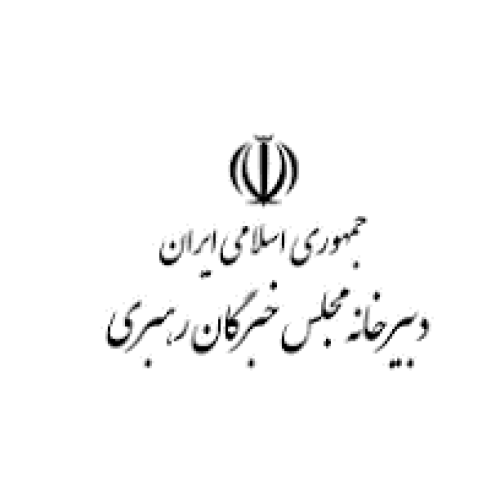
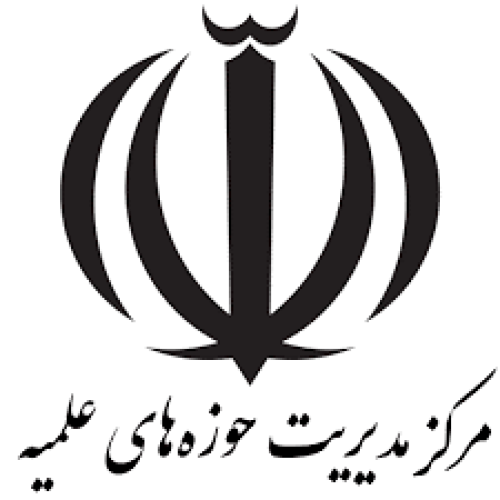
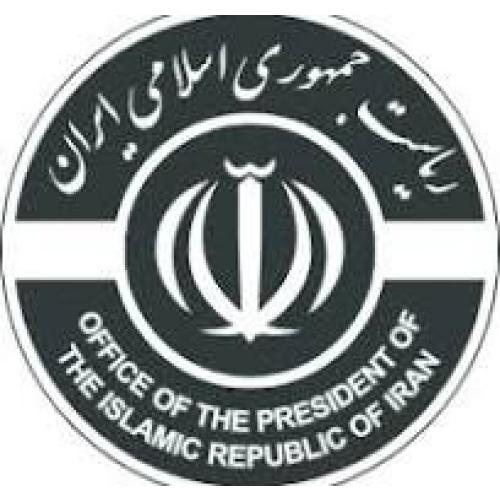
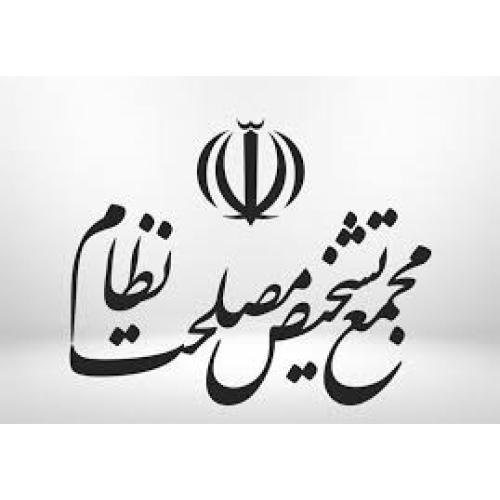
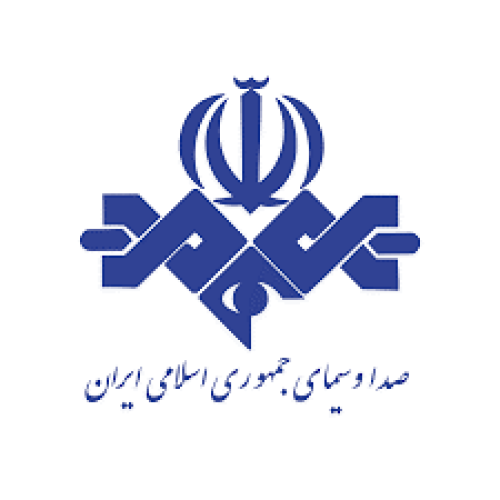
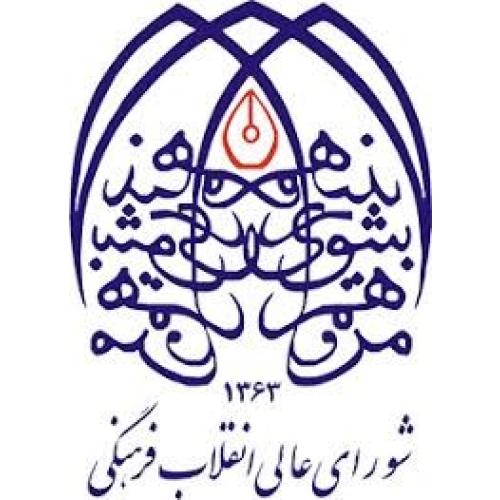
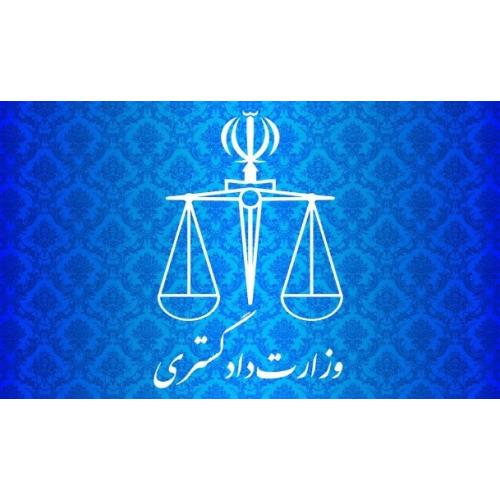
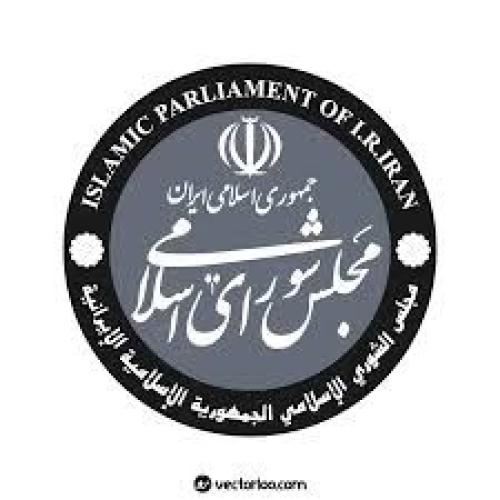
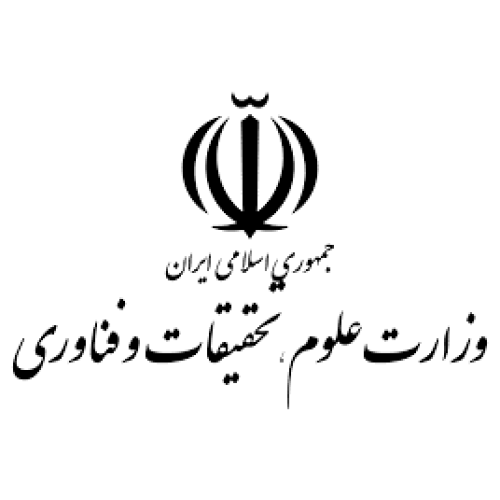
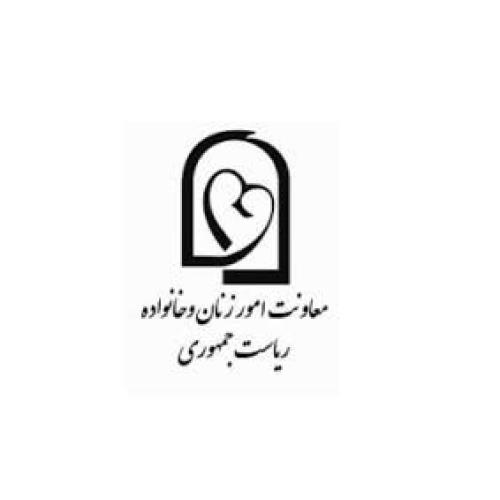
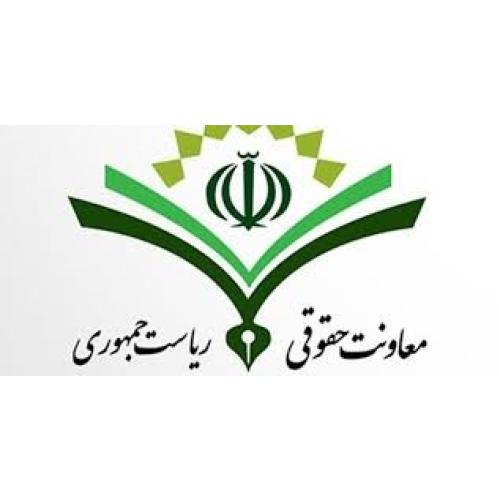
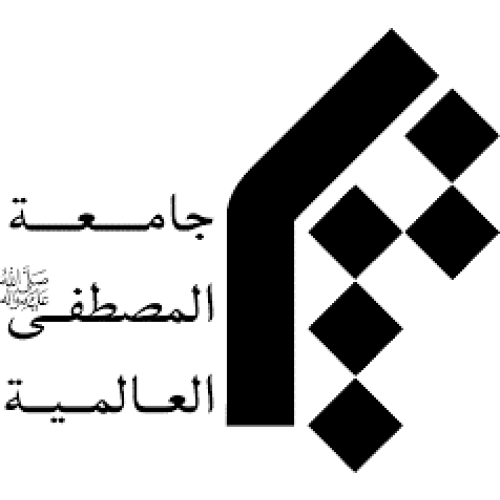
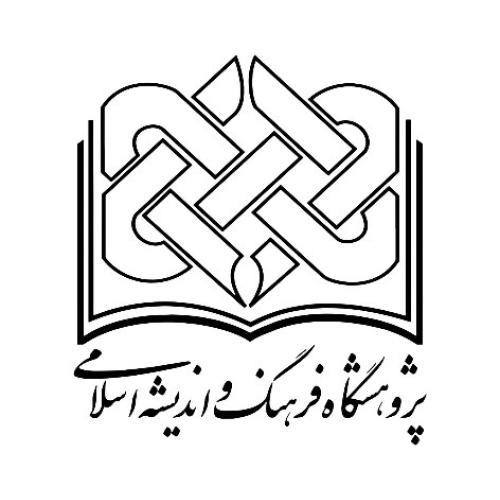
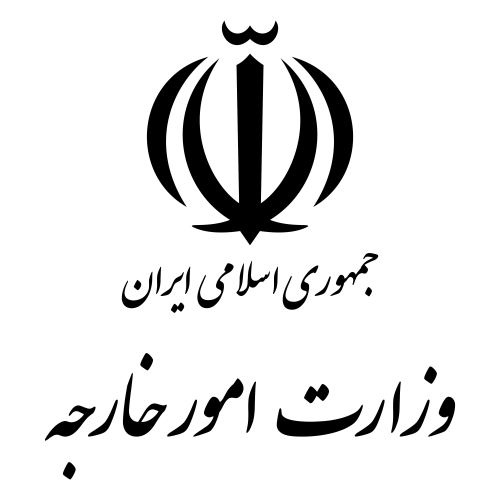
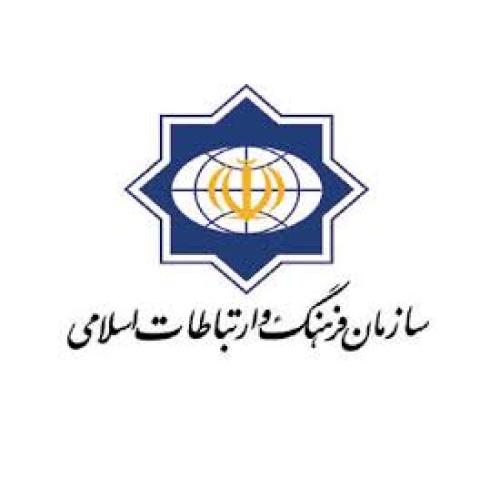
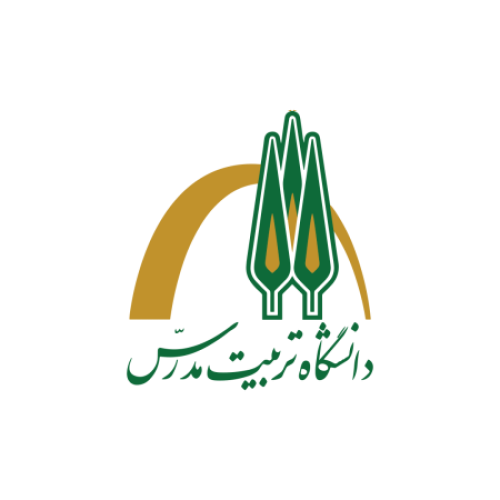
.png)
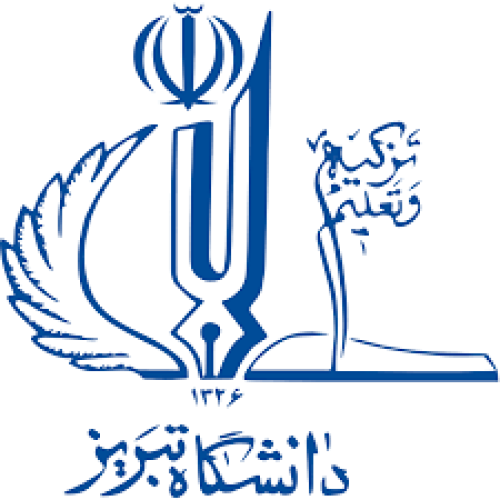
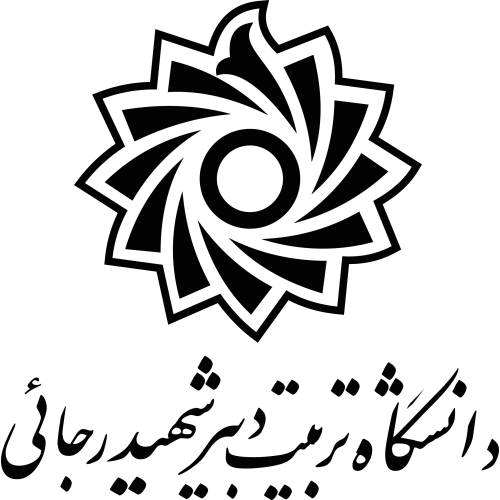
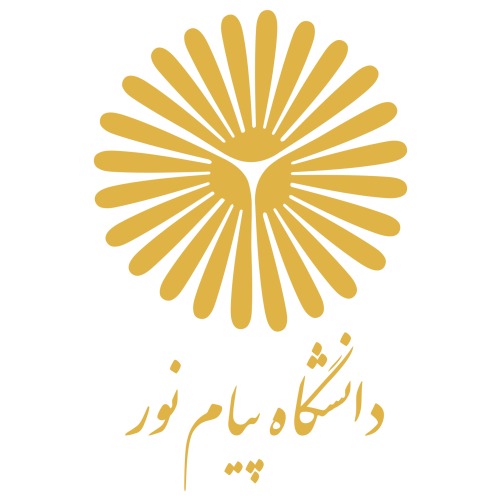
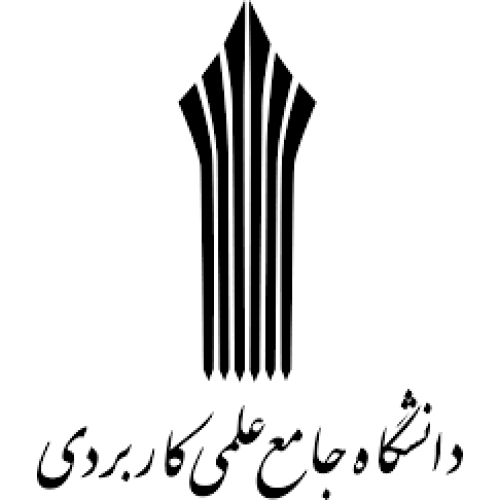
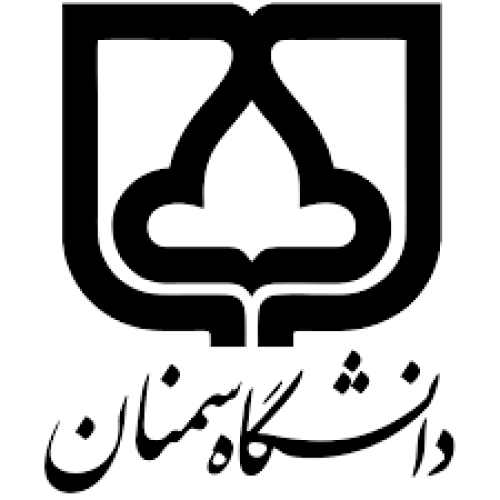
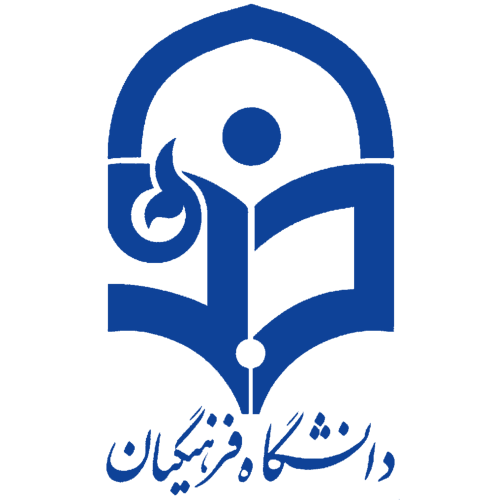
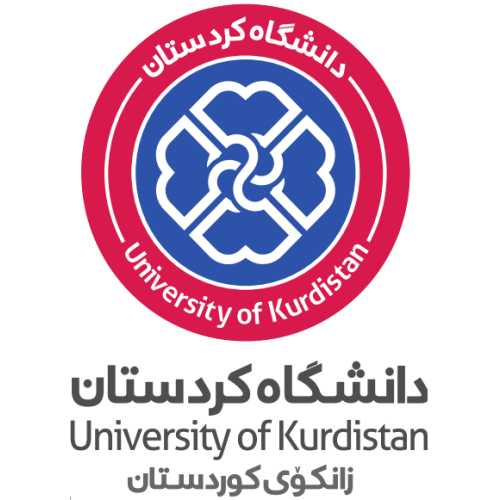
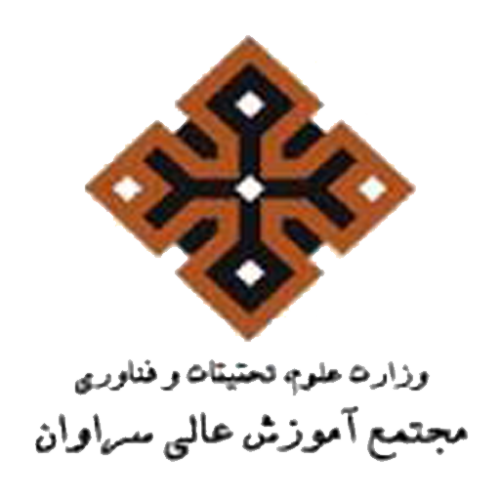
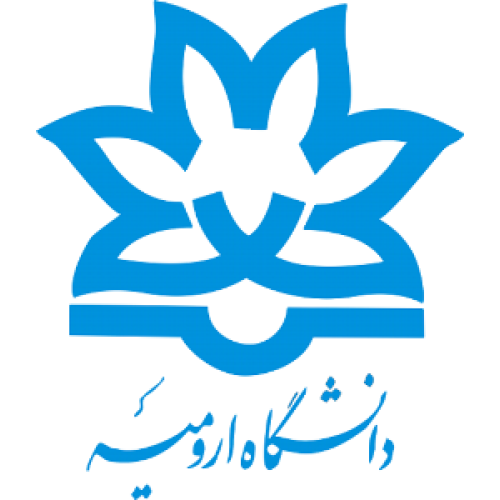
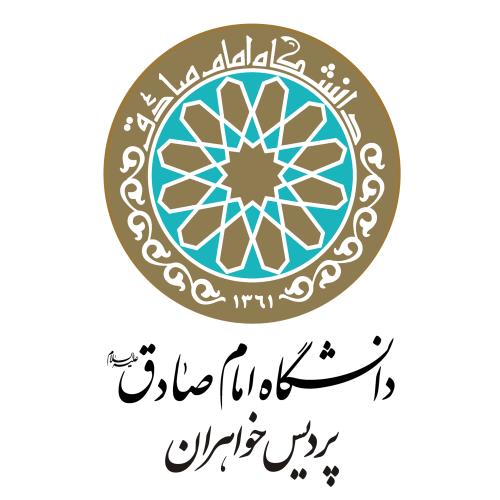
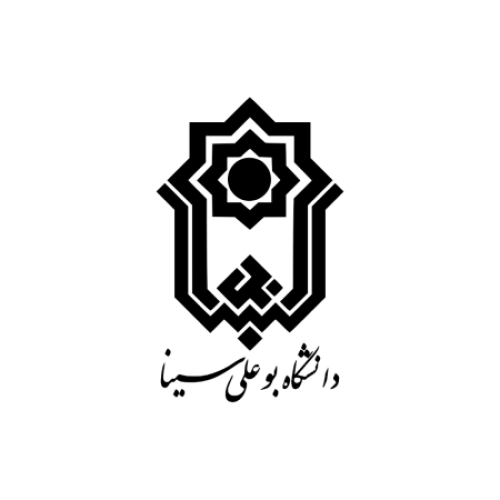
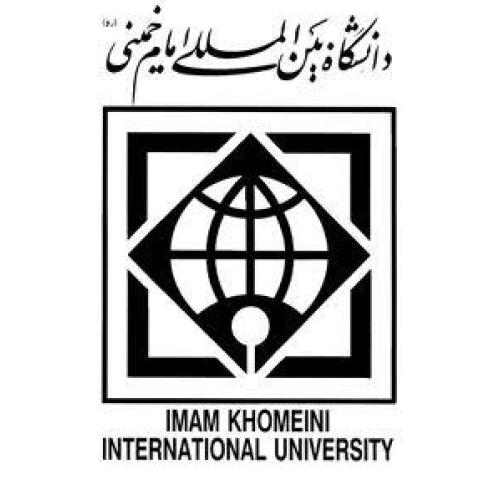
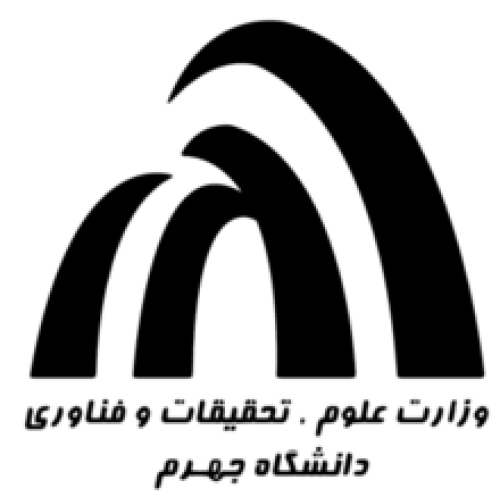
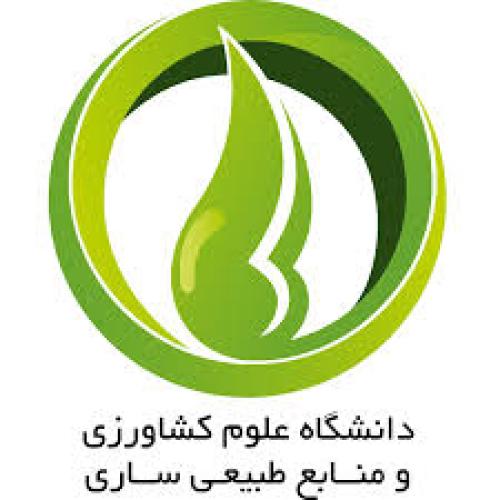
.png)
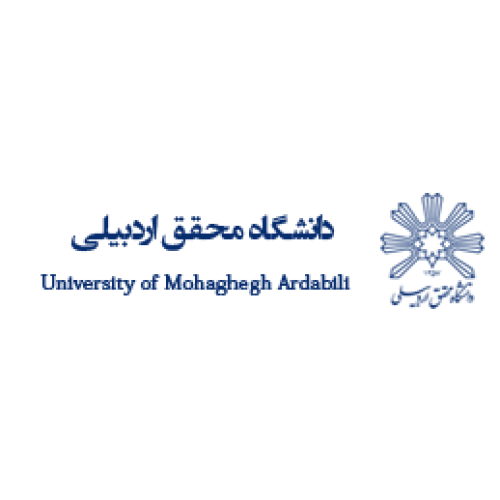
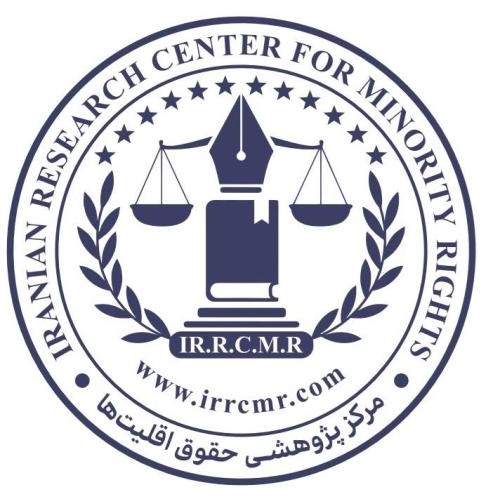
.jpg)
